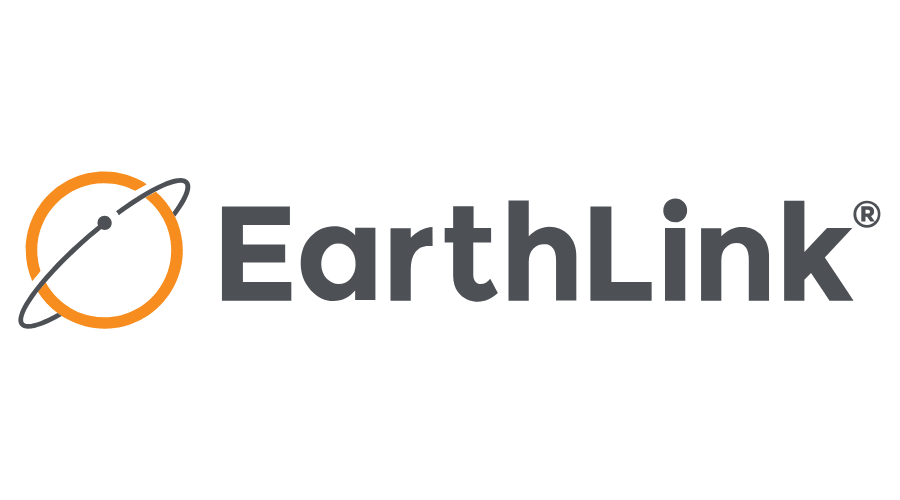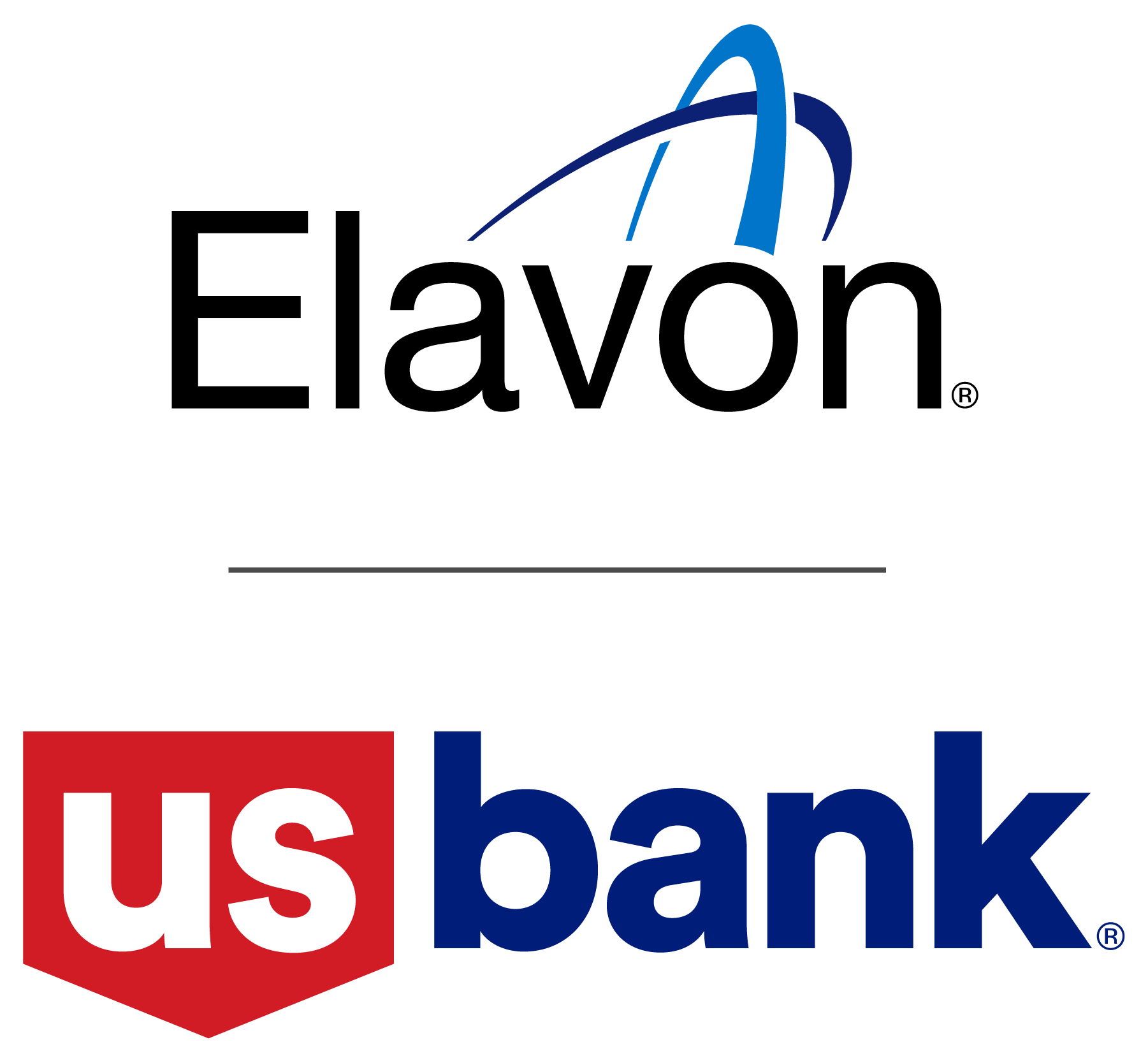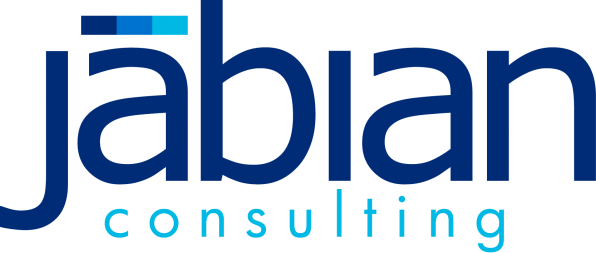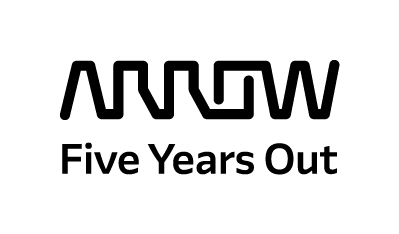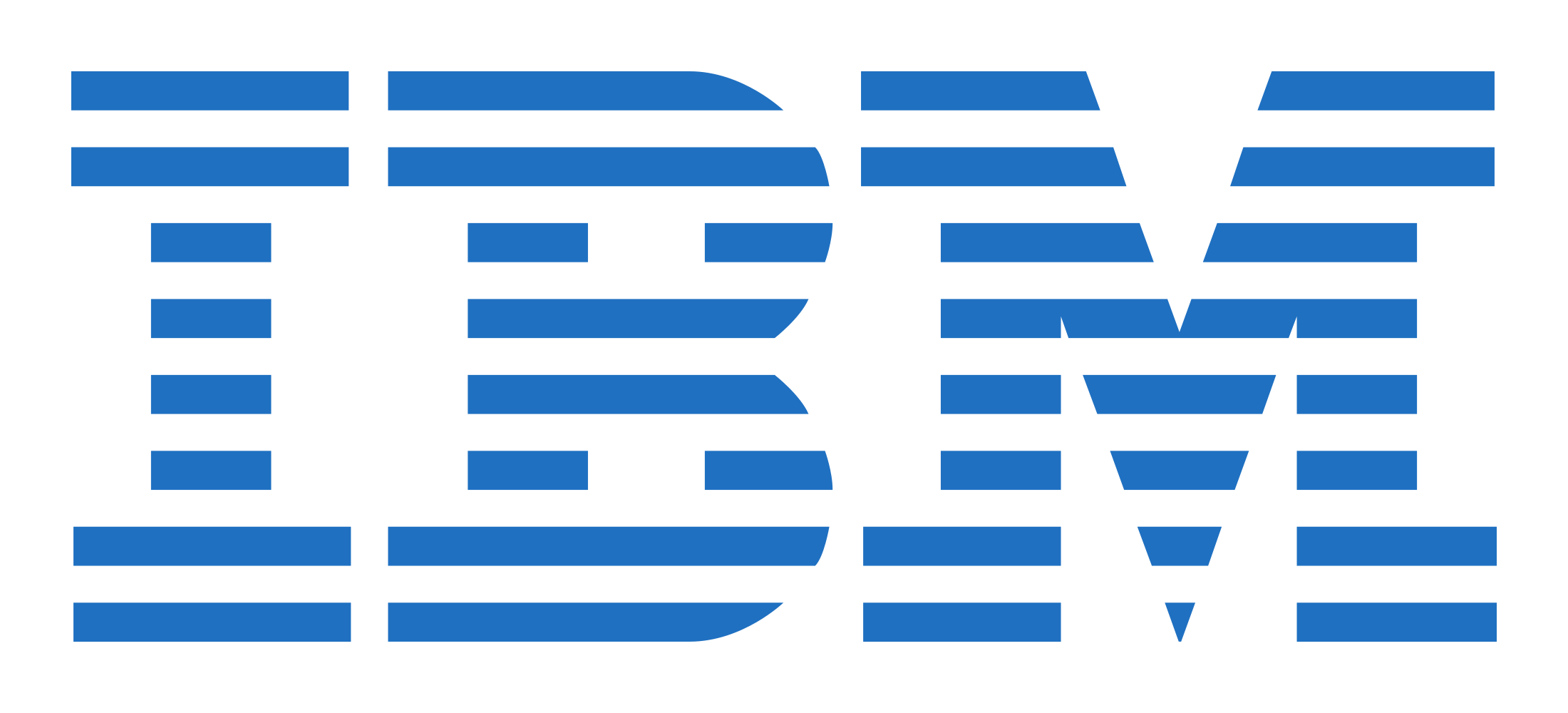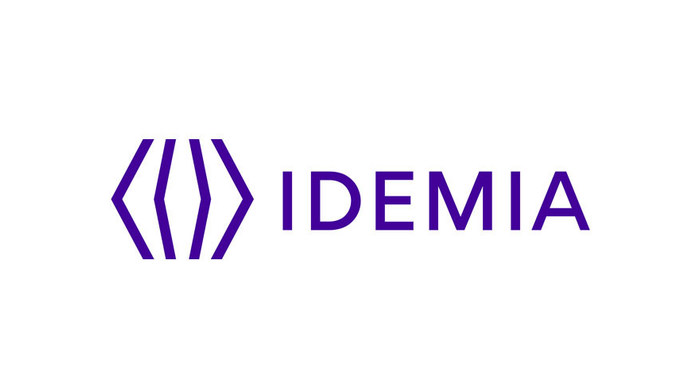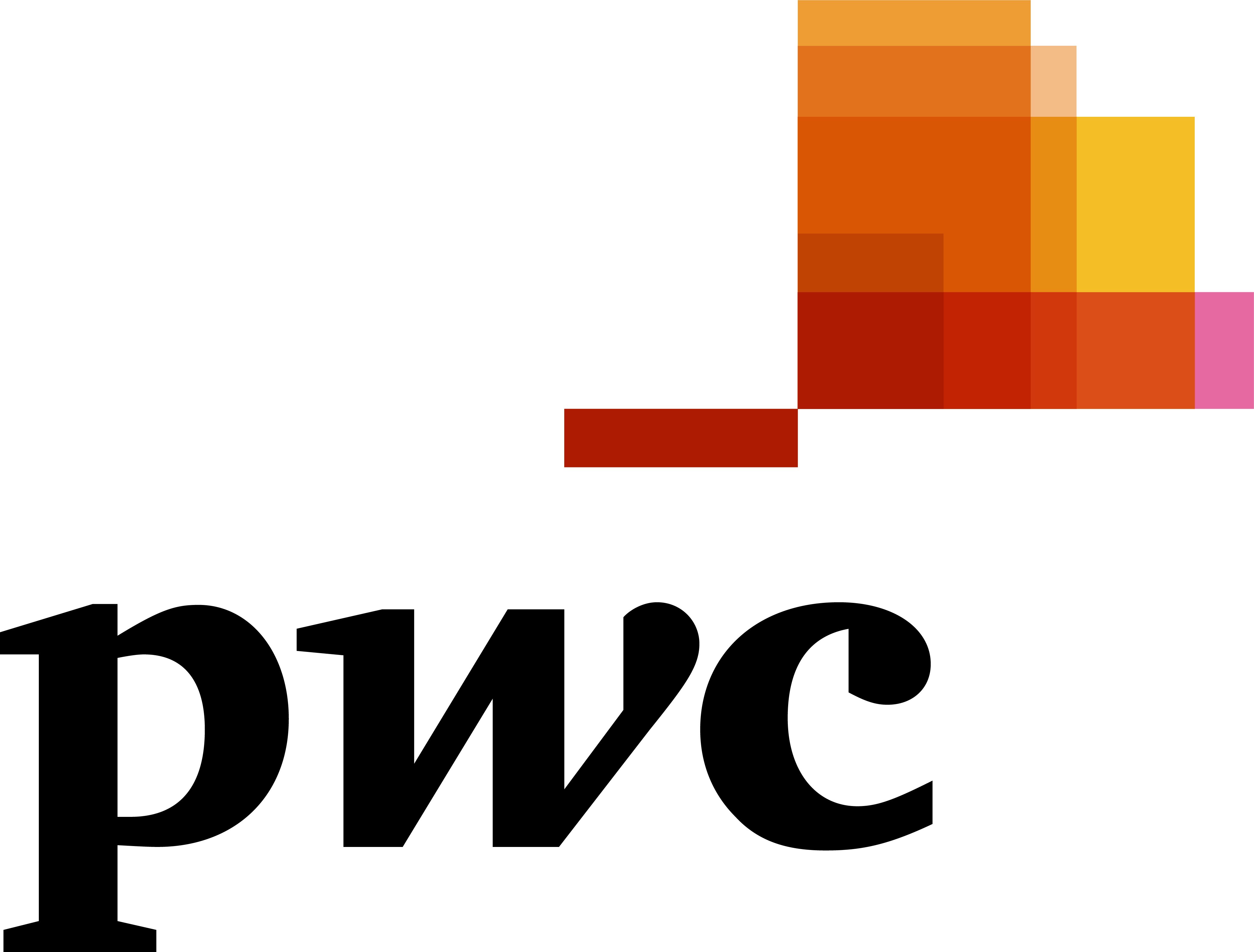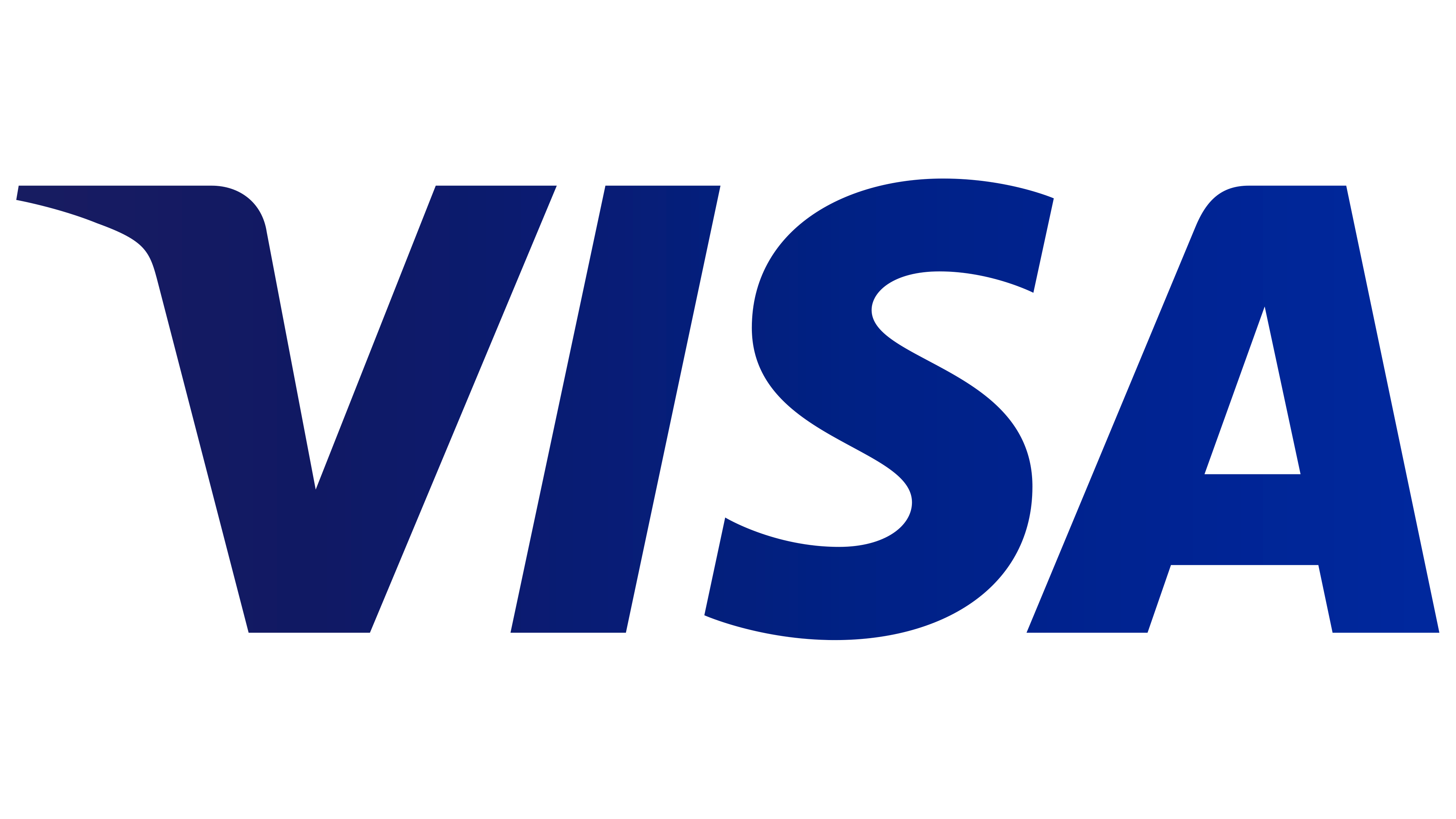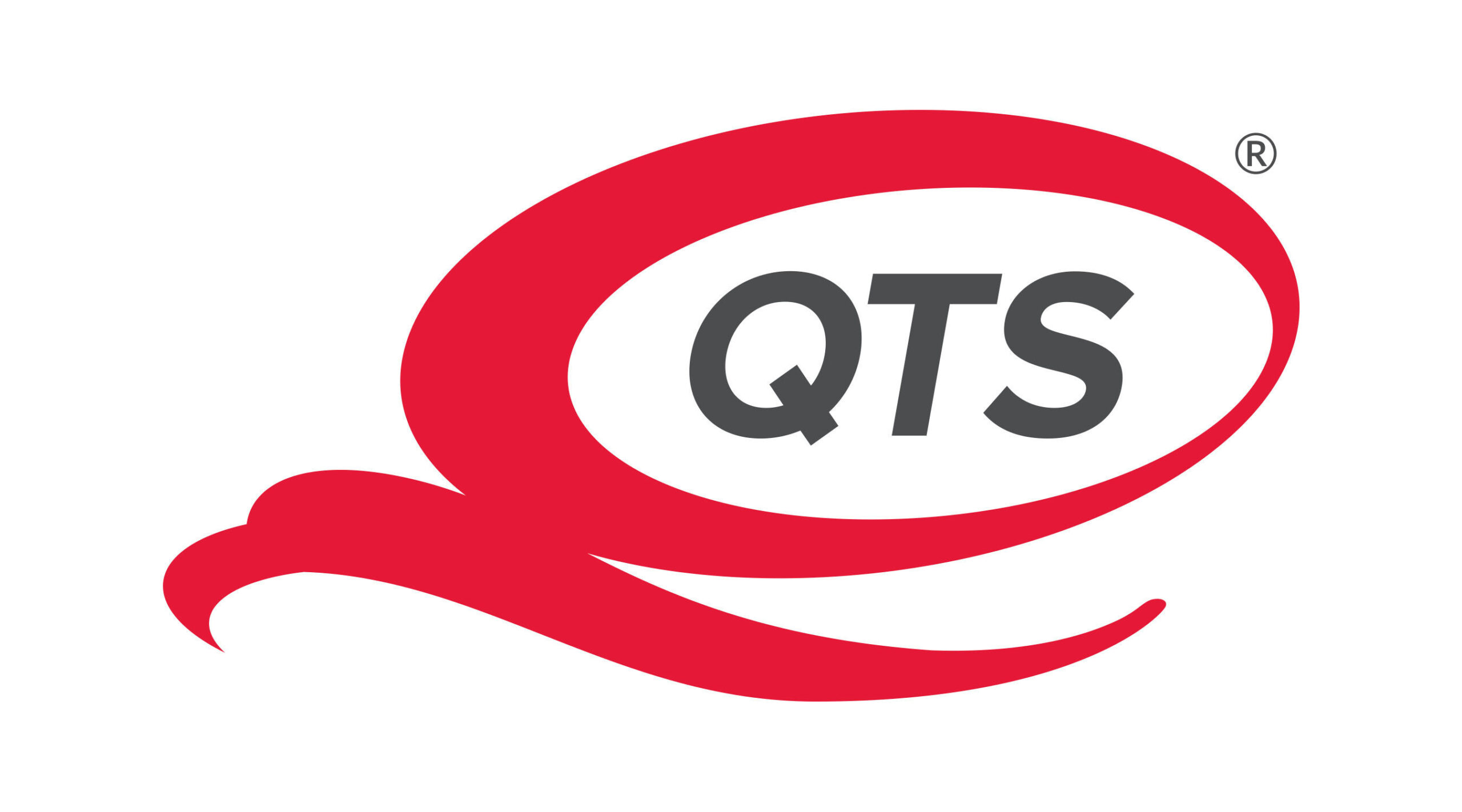About
All organizations today share at least one common challenge – getting their data in order and keeping it that way. The never-ending series of changes driven by the economy, M&A activities and internal optimization make this a huge concern for any organization today. Over the years, Data Governance has teetered between IT and core business functions going by many names and having many masters. Joining the TAG Data Governance society will allow you to share what’s worked for you and for others and what has not. The TAG Data Governance society creates a non-competitive environment where we can discuss the strategies of building a world class Data Governance Office from those that have done or are doing it. The TAG Data Governance society will create the kind of coordinated industry-wide approach to this emerging topic that is required for it to grow beyond its IT roots and take its proper place as a core business function helping to drive the business into new markets and grow revenues. Join us today! Help grow your industry from the top down!
A corporate America driven by value-added processes and a solid foundation in 100% reliable information upon which executives can base decisions and steer their organizations.
Mission
Our mission is to raise awareness of Data Governance as a transformational business function and to foster a collaborative non-competitive environment for Data Governance professionals to share their experiences and showcase their successes.
New… Now… Next…
Data Governance events
What is Data Governance?
There are many definitions for data governance in the marketplace. Simply put, however, we believe that Data Governance is the formal and informal process of managing data within an organization. That’s it. Whatever we do to control our data – good or bad – is Data Governance. There are many aspects to a successful Data Governance program. These vary from organization to organization. In all cases, however, data governance is concerned with Policy, Procedure and Audit. Other subjects that can fall under the scope of data governance include Data Architecture, Master Data Management, Master Data Maintenance, Data Security, Data Quality, Business Intelligence, Electronic Document Retention, Data Migration and Integration (governance), Enterprise Reporting and Data Warehousing.
What is the value of Data Governance?
But the real question is, “Why?” Why create a formal program for managing our data? To answer the question, we must realize that, at the core of Data Governance is a process. Processes provide both consistency and repeatability. Without a data governance process our data quality is not sustainable and quickly degrades. Data quality can be controlled, to a degree, when it is first created. However, the relevance and accuracy of that data often decays over time due to changes in our business, acquisitions and other factors affecting the rules associated with the data. Customers go out of business or move. Vendors change their product composition. Corporate growth can force new rules and regulations on us that require adapting quickly to avoid costly penalties.
If ungoverned, all of these changes will quickly cause the information we own to become obsolete, undermining the fundamental value data provides to the organization – TRUST. When we trust our data, we create the foundations for success:
- STABILITY
- COMPLIANCE
- PERFORMANCE
Trust – without trust, we have chaos. Every decision we make is based on data. If our data isn’t trustworthy, how confident can we be in our ability to make decisions?
Stability is the ability of an object to maintain equilibrium after displacement. Accurate, consistent data enables consistent processes, which, in turn, ensures business stability. Our ability to react to change is based primarily in our data and the processes by which it is maintained.
Compliance is conforming to rules, specifications and/or standards and policies. Implementing Data Governance starts with Policies, standards, rules and definitions followed by processes to enforce, automate and monitor them.
Performance: Ultimately, Data Governance can drive significant benefit to the organization:
- Decreased costs
- Decreased time & effort
- Decreased risk of compliance failures
- Increased trust in corporate data
- Improved decision support capabilities
- Better organizational collaboration
Data Governance Society Board
Kenneth Viciana
Society Board Chair
Mukesh Aurora
Brad Bowden
Nathan Ghadirifard
Rob Harper
Sylvester Morgan
Jaideep Siswawala
Justin Thomason
Peter Vennel
Lance Walton
Eric White
Mayank Nawal
Recent Data Governance News
Georgia Grants Defending Digital Campaigns Approval to Provide Free Cyber Tools and Resources to State’s Political Campaigns
A cybersecurity summit at Google’s Atlanta office will highlight opportunities and challenges of AI in political campaigns and the importance of boosting cyber defenses
ElectrifAi and Vizzia Technologies Partner to Optimize Healthcare Data with ML
Successful Machine Learning Pilot at major Hospital Achieved a 52% Improvement
Tyk presents The Holiday APIM Extravaganza
| This is not just another online event; it’s a fresh, fast-moving format full of quick-fire tips and expert advice on how to succeed in 2023. |




